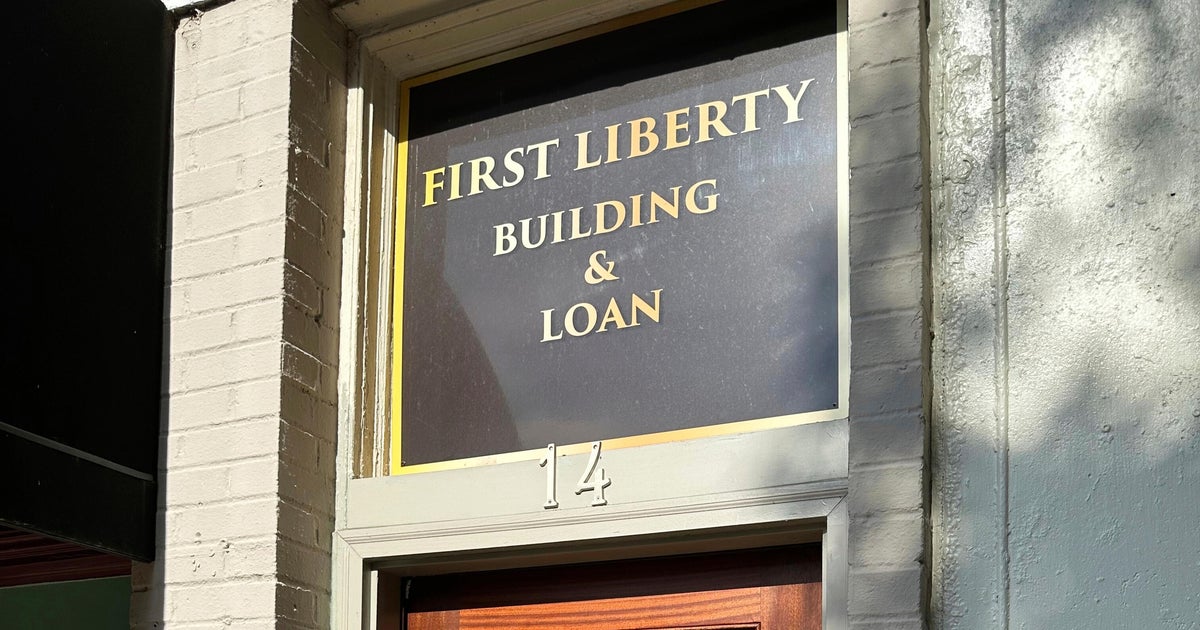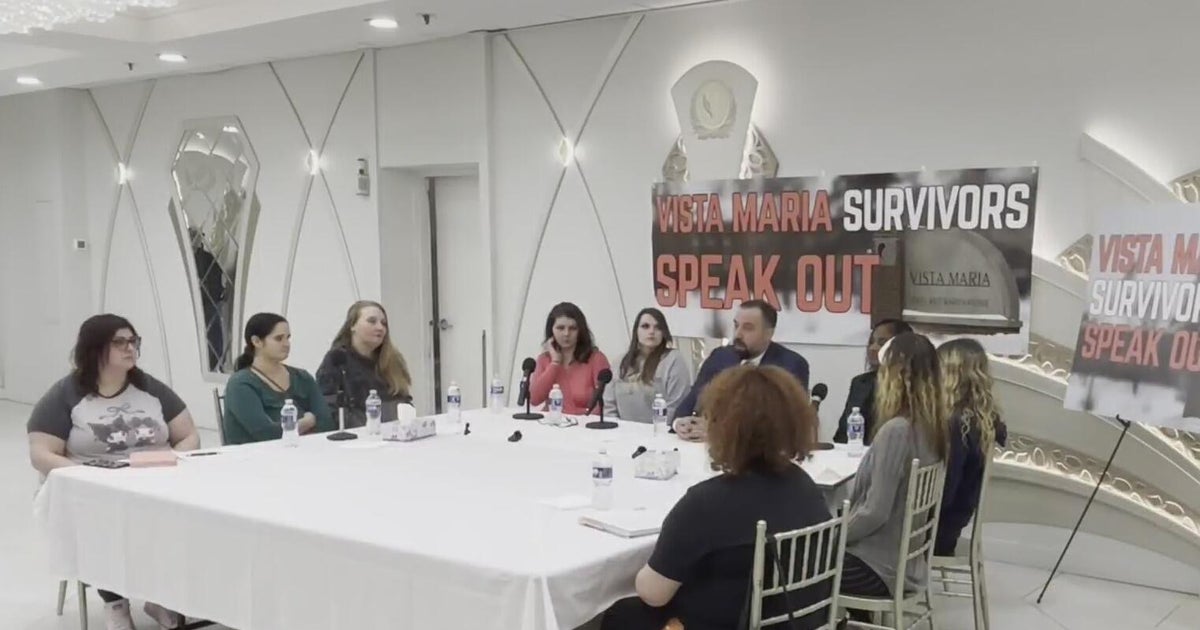SF, LA District Attorneys File Suit Against Law Firm Over Alleged Fraudulent ADA Lawsuits
SAN FRANCISCO (CBS SF) -- The district attorneys of San Francisco and Los Angeles have filed a joint lawsuit against a law firm that has filed thousands of lawsuits against small businesses alleging violations of the Americans with Disabilities Act (ADA).
The lawsuit filed by San Francisco District Attorney Chesa Boudin and Los Angeles District Attorney George Gascón alleges that law firm Potter Handy LLP files fraudulent, boilerplate lawsuits against the businesses to seek damages and coerce cash settlements from vulnerable business owners.
Authorities estimate more than 250 businesses in San Francisco, many of them in Chinatown, have been hit with these ADA lawsuits District Attorney Chesa Boudin calls "fraudulent." The DA's office says Potter Handy LLP has collected millions, and possibly more than $10 million in settlements.
According to the complaint, Potter Handy files the fraudulent lawsuits regardless of whether there are actual ADA violations at the businesses or whether compliance is "readily achievable" under the ADA.
"After receiving reports last year that hundreds of small businesses had been served with fraudulent lawsuits under the ADA, our office launched an extensive investigation and today we filed a civil case against the law firm that has filed thousands of these unlawful, boilerplate lawsuits," said Boudin in a prepared statement. "We will hold accountable those who exploit vulnerable business owners, hurt immigrant communities, and subvert the intent of laws designed to promote accessibility."
The complaint alleges that after filing these fraudulent suits in federal court, Potter Handy pressures its targets to pay it settlements of upwards of $10,000 each—often from small businesses who cannot afford to hire attorneys to litigate in federal court. Potter Handy's business model is designed to shake down small businesses into paying cash settlements rather than ensure ADA accessibility; indeed, the Serial Filers that this law firm uses almost never return to the businesses after the settlements to monitor compliance.
The complaint also alleges the firm was able to claim standing federal court because of the false allegations of ADA violations; otherwise, Potter Handy would have had to file the suits in state court which are subject to procedural limitations of boilerplate litigation under California's Unruh Act. Because the ADA does not allow claims for money damages, Potter Handy alleges parallel violations under the Unruh Act, which allows plaintiffs to sue for a minimum of $4,000 in damages for each alleged ADA violation.
The California State Legislature previously amended the Unruh Act to create barriers to filing boilerplate claims like these in state court. The amendments include heightened pleading requirements and a $1,000 filing fee that only applies to plaintiffs who file ten or more Unruh Act claims a year—thus preventing what the Legislature described as a practice of filing "boilerplate complaints" against small businesses "seeking quick cash settlements rather than correction of the accessibility violation." (Cal. Code of Civil Procedure Section 425.55(a)(2).)
The DA's offices said the serial filers represented by Potter Handy under the pseudonym "Center for Disability Access" falsely claim the serial filer visited the business, personally encountered obstacles there, and intends to return once those obstacles have been removed. Boudin's office said its investigation revealed multiple cases where Potter Handy sued businesses over alleged ADA violations that could not possibly have existed, such as suing Chinatown restaurants for having inaccessible outdoor dining tables at a time when those restaurants were only offering takeout service due to the COVID-19 pandemic.
It's an excruciatingly long day of work for Amanda Yen, who saved tips, dollar after dollar, for years, working tables as a recent immigrant, to finally take over Hon's Wun-Tun House shortly before the pandemic.
"It was really hard for small business owners," said Hon's Wun-Tun House owner Amanda Yen.
But last May, after months of pandemic closure, and take-out only service, Yen got slapped with an ADA lawsuit, alleging her restaurant including the sit-down counter were non-compliant.
She felt helpless, cornered, and pressured to settle.
"I already paid $17,000," said Yen.
Unable to pay a lump sum, she's making monthly payments.
"We are supportive of ADA laws. We want to be in compliance. We support our communities with disabilities but this is not the way to go," said San Francisco District 1 Supervisor Connie Chan.
"These lawsuits have never been about disability rights or disability access. They've always been designed to shake down small businesses," said Boudin.
Boudin's legal action after more than a year of investigative work, is demanding the San Diego based firm stop filing these lawsuits, to pay civil penalties, and return all money obtained to businesses that settled, including Amanda Yen's.
"The fact this has continued throughout the pandemic is unconscionable," said San Francisco Supervisor Aaron Peskin.
"Small, immigrant-owned businesses in my district and throughout San Francisco have been victimized by fraudulent lawsuits attempting to extort money from them," said Supervisor Peskin in a prepared statement. "I am grateful to DA Boudin's office for standing up for vulnerable victims and stopping the exploitation of immigrants."
"We are deeply disturbed that Potter Handy has created a business model out of suing–and victimizing–small, monolingual business owners under false pretenses," said Cally Wong, Executive Director of the API Council in a prepared statement. "We are glad the San Francisco District Attorney's Office is standing up for victims, immigrants, and small businesses through bold action to hold those who abuse the law accountable."
KPIX 5 has reached out to Potter Handy for a statement.
Kenny Choi contributed to this report.







